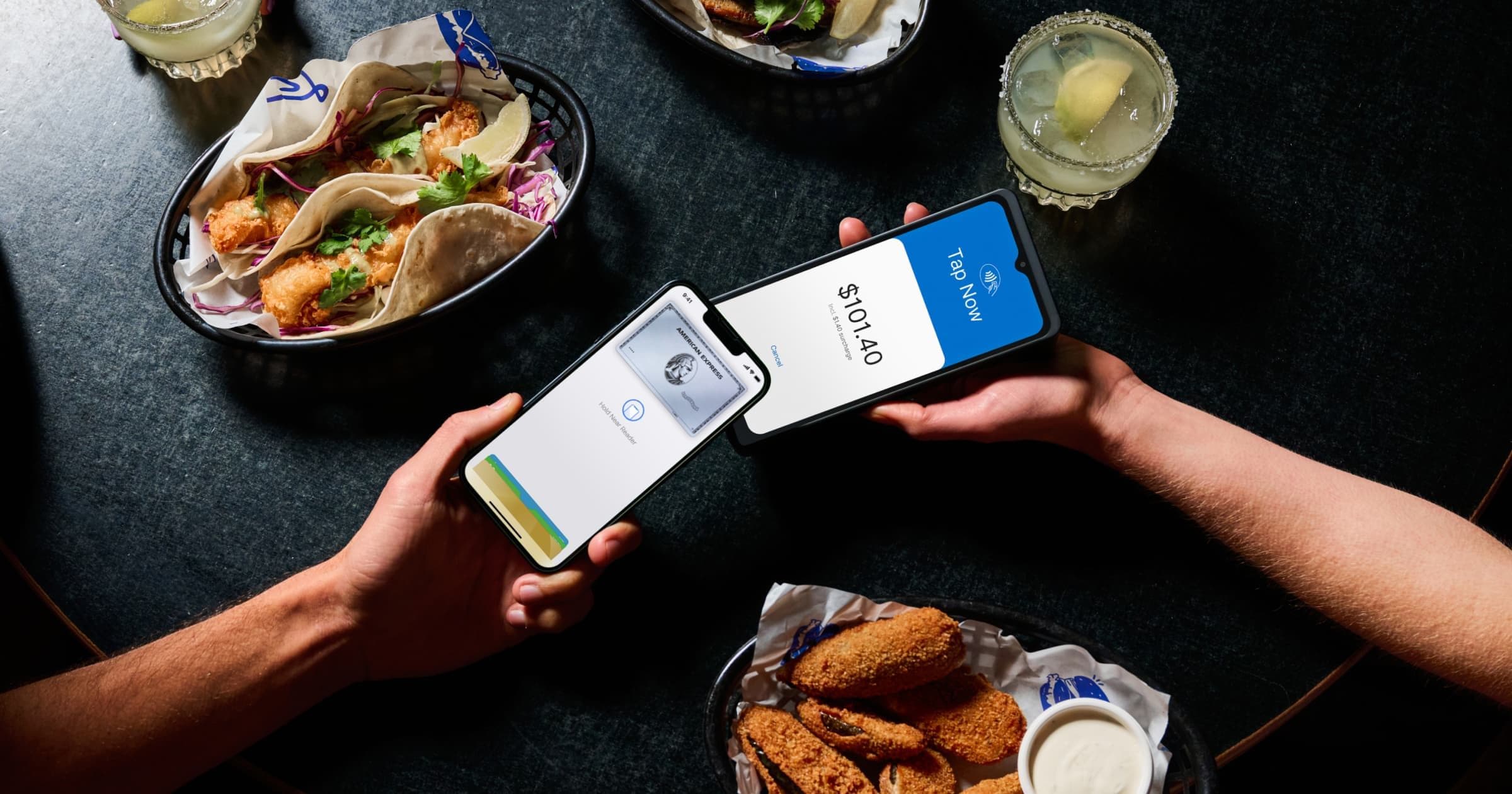
Powerful features, designed for restaurants.
Everything you need to accept payments, manage accounts and finances, track expenses, and accelerate your cash flow.

Print, email and SMS receipts.

Wi-Fi, mobile hotspot and SIM card connectivity.

Built-in customer tipping prompts.
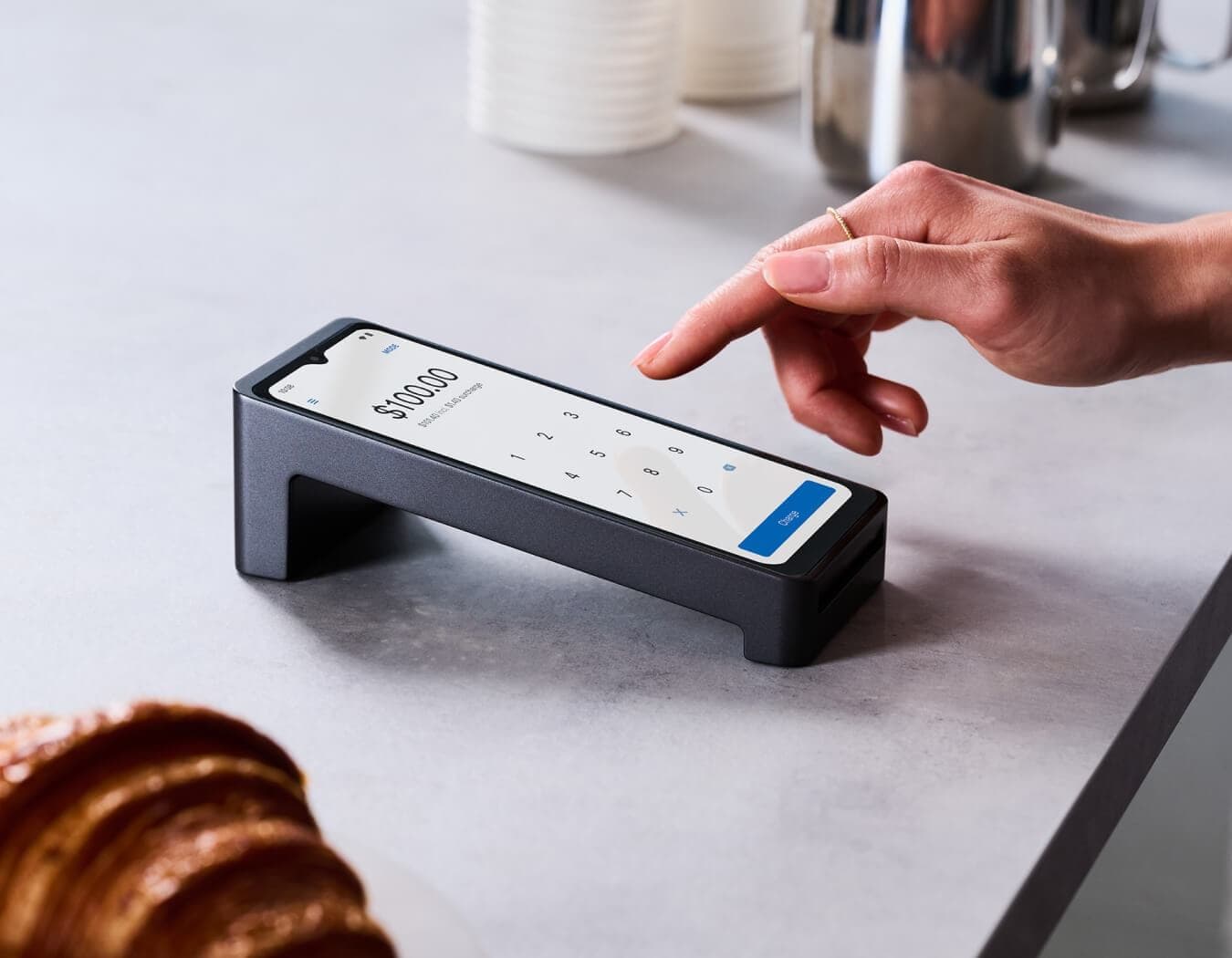
Zero-cost EFTPOS with surcharging.

Add your logo to integrated POS screens.
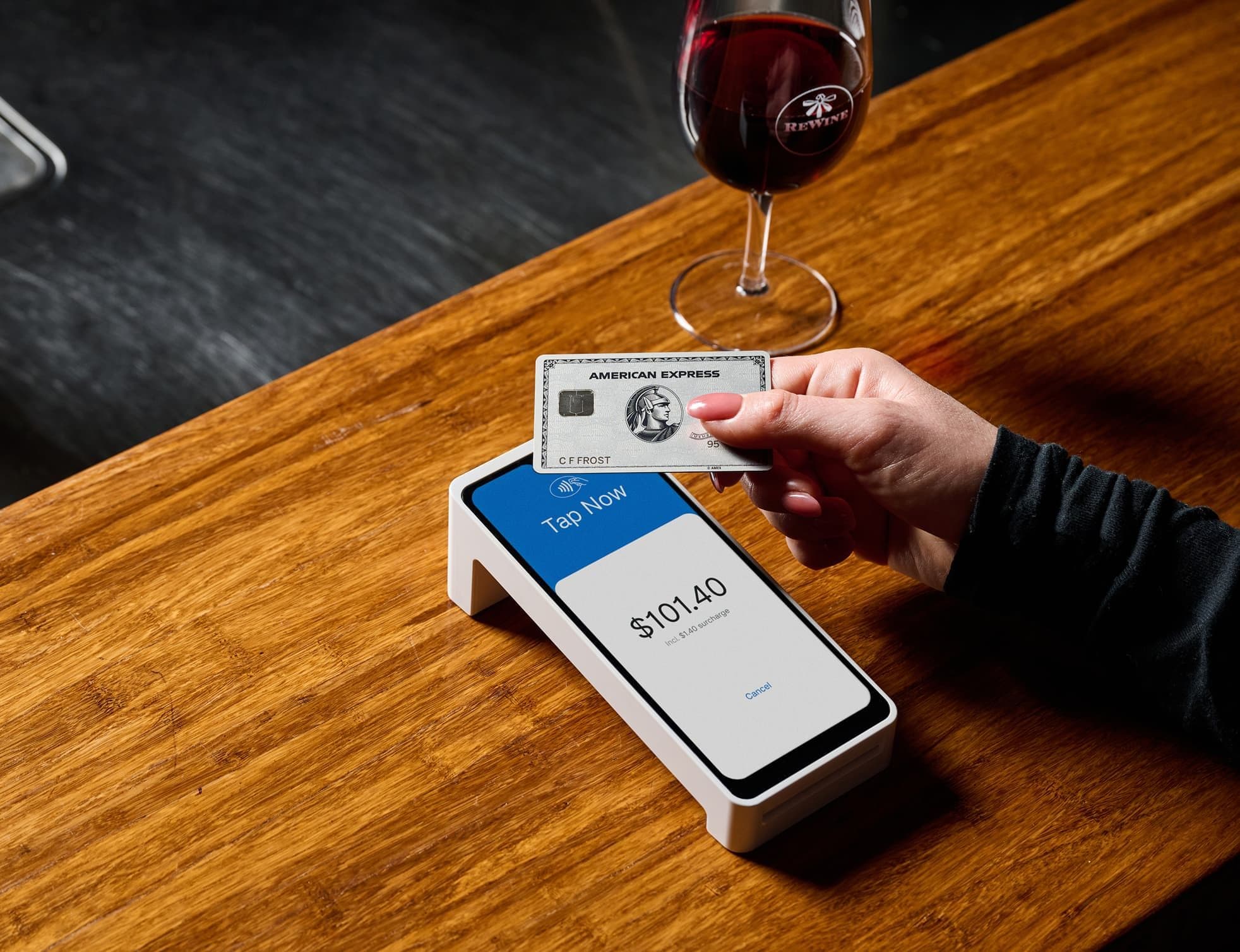
Split payments by the number of guests, or the total value.

Your menu of payments and financial solutions.
EFTPOS payments
Accept card payments with a next-generation EFTPOS solution. MoreTransaction Accounts
Store, save, and manage your business funds with free Transaction Accounts. MoreDebit Cards
Manage business spending, track expenses, and issue cards to managers and employees. MoreOnline Invoicing
Issue free, unlimited online invoices for group orders or event bookings. More
Zeller Terminal
Accept payments from patrons.
Fast nightly settlement to Zeller Transaction Account. More
Sweep funds to any existing business bank account.
Built-in surcharging for zero-cost EFTPOS. More
Tipping, digital receipts, and much more.
99.999% uptime with Wi-Fi and SIM connectivity.
Low rates, no lock-in contract or monthly rental fees. More
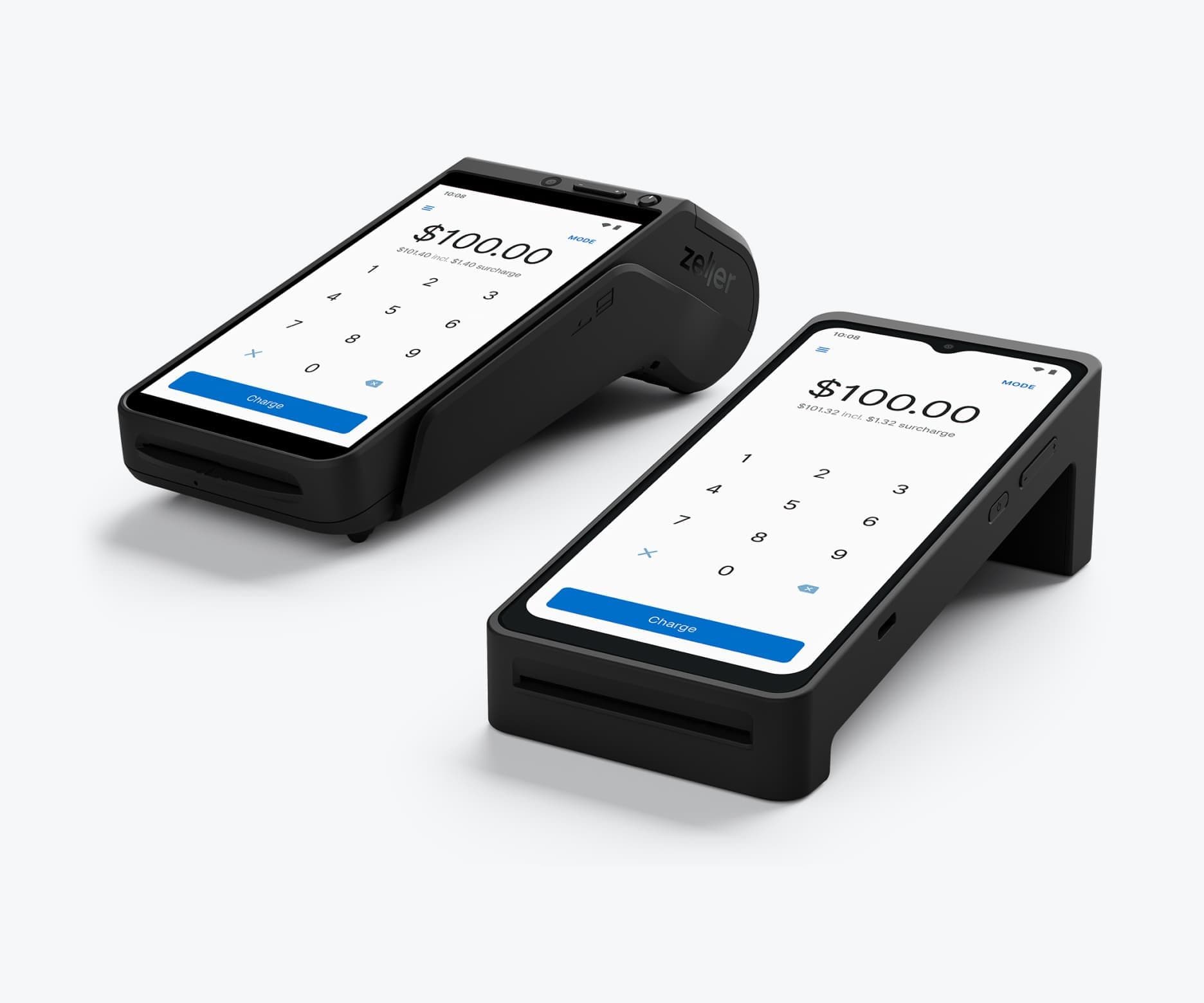

Zeller Transaction Account
Store and save funds in a free account.
Say goodbye to outdated business bank accounts.
See every transaction, expense, invoice, and settlement.
Secure, unlimited and free real-time transfers.
Create additional Transaction Accounts for free.
Transaction and expense categorisation.
Integrates with Xero.
Zeller Debit Card
Help your restaurant staff spend smarter.
Issue free physical and virtual cards with a click.
Manage team expenses and track spending.
Attach notes, receipts or invoices to transactions.
Enjoy cardholder rewards and cashback benefits.
Personalise cards with your business details.
Unlimited transactions, and no monthly fees.
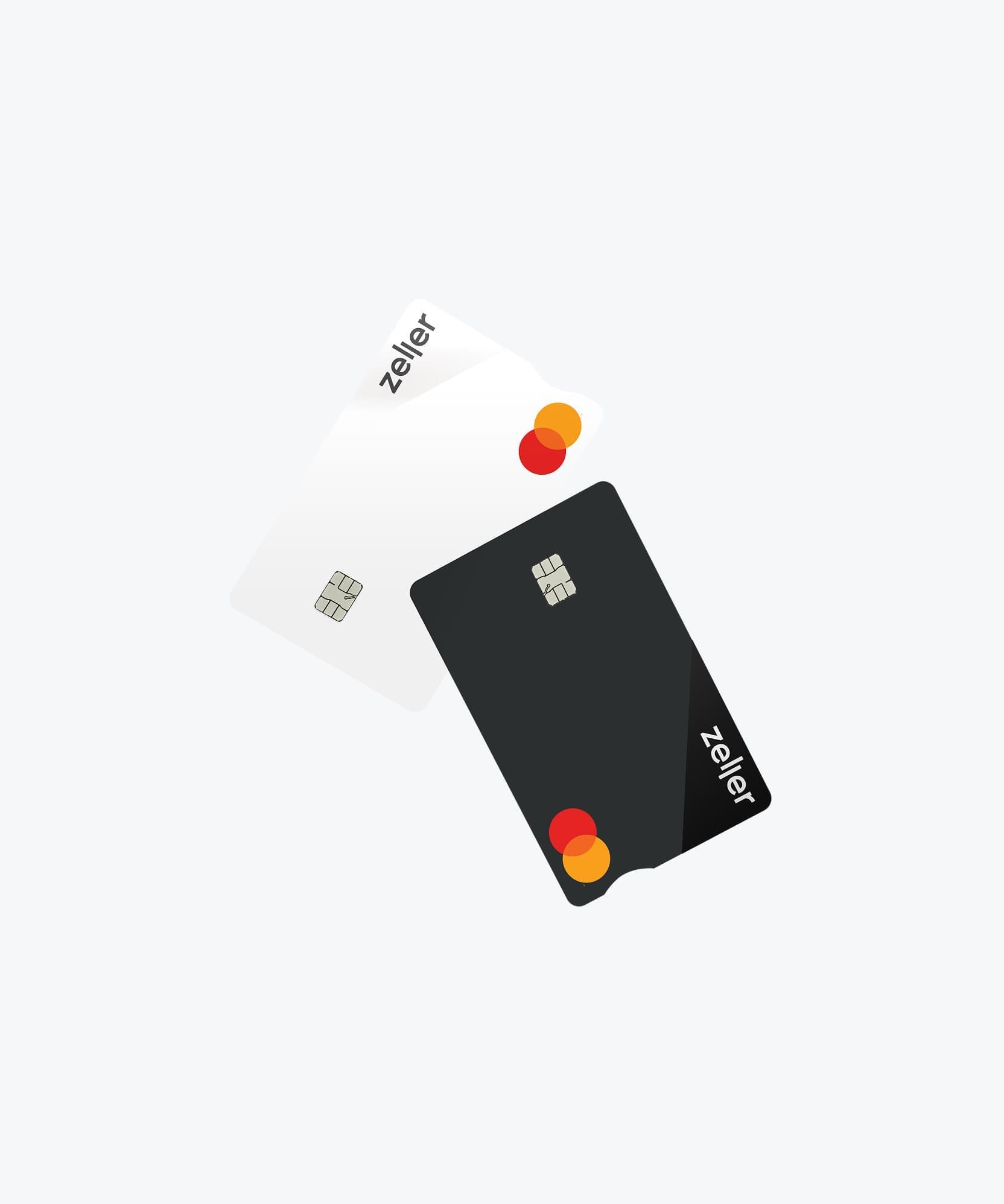
Zeller Invoices
Manage your invoicing in one place.
Fast and secure online payment acceptance.
Track invoice status and send reminders.
Customisable invoice templates.
Assign invoices to customers and suppliers.
Free to send, with no monthly subscription fees.
Zeller App
Track restaurant performance from anywhere.
Access Zeller products, right from your smart device.
Track business performance across sites and locations.
Manage spending and review expenses for your team.
Add Transaction Accounts and manage Debit Cards.
Access real-time updates from across your entire business.
Free to download for iOS and Android users.


Pay at Table
Streamline the payment process at your restaurant.
Turn tables faster by enabling customers to settle the bill from where they’re sitting.
Faster table turnover generates higher sales and improves operational efficiency.
Pay at Table is free to use and included with your Zeller account.
Use Zeller’s industry-leading Pay at Table technology with H&L point-of-sale software.
Integrate with your restaurant point-of-sale.
Zeller Terminal integrates with 600+ point-of-sale solutions, to deliver a diner-friendly checkout.

How does Zeller work for my restaurant?
Your free Zeller Account comes with every financial tool you need to accept payments, manage expenses, and streamline your finances.
EFTPOS payments
Accept card payments table-side, at the counter or on the go with a mobile EFTPOS solution.
Fee-free EFTPOS
Pass on the full or partial transaction fee to customers with built-in surcharging.
Online invoicing
Send unlimited, free online invoices for venue bookings or catering orders.
Faster settlements
Funds settle nightly, 365 days a year to your free Zeller Transaction Account.
Accounts and Cards
Replace your outdated business bank with Zeller Transaction Account and Debit Cards.
Track performance
Track sales and manage all of your Zeller products from the free Zeller App.
Trusted by thousands of restaurants and venues.
We love that the terminal not only looks good and suits our decor, but it is so simple to use with low rates. The customer service and support is really great, the onboarding is simple and straightforward, and the general daily use is so simple and reliable.
Luca and Anthony
Bar Positano, Sydney

It’s free to sign up for Zeller.
There are no set-up fees, monthly fees, or lock-in contracts. You’re only charged when you accept a card payment.
In-person payments
1.4%
Even lower rates available for larger venues.
Zero-cost EFTPOS
0%
Pass on all or part of your fees with built-in surcharging.
Invoices paid online
1.7%
+25¢
For domestic cards, with separate pricing for international cards.
Accounts and Cards
Free
Included free with your Zeller Account, with no monthly fees.
Ready to get started?
Most businesses can be up and running on Zeller within minutes. Sign up free online now.
Fast and free to sign up.
No lock-in contracts or monthly rental fees.
Access to all Zeller products instantly.
24/7 support via phone, email and SMS.
Looking for an even better rate?
Zeller Sales can help you get the best possible card processing rate for your business.
Get the best card processing rate.
Staff training and implementation support.
Dedicated Account Management.
Dedicated 24/7 priority support team.
